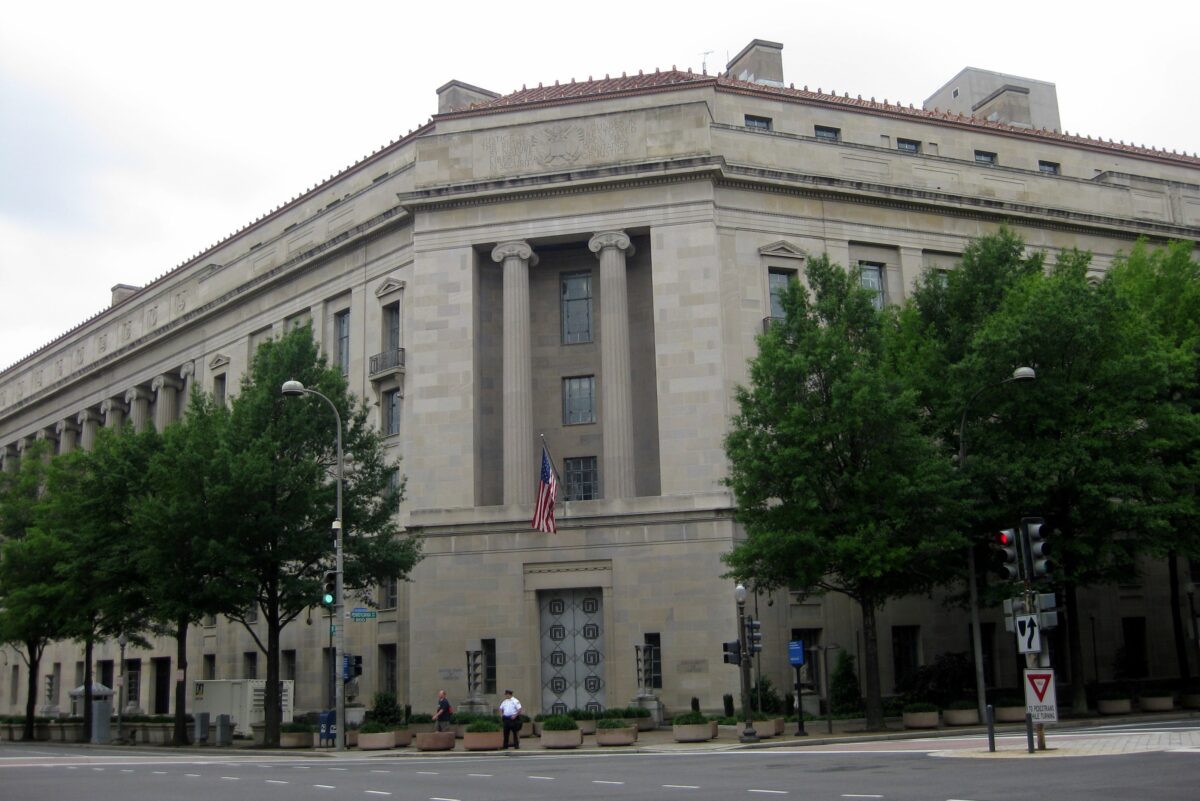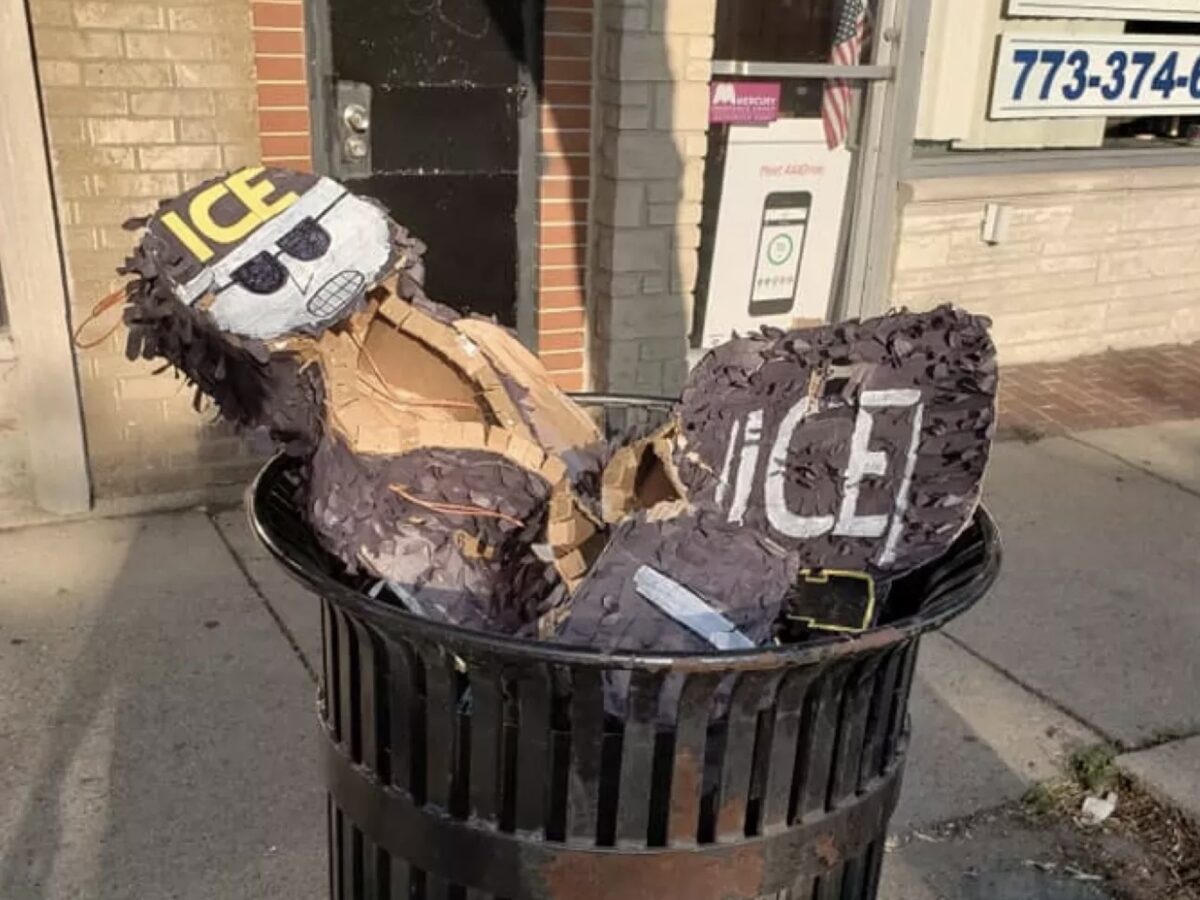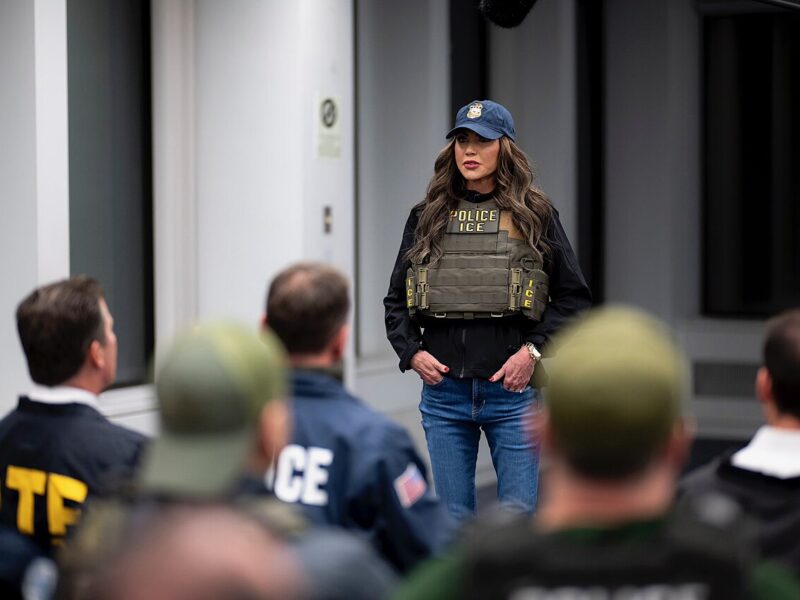In May, the Department of Justice (DOJ) announced it would open an investigation of the City’s hiring practices under Title VII of the Civil Rights Act of 1964. The announcement came after Mayor Brandon Johnson said “our people hire our people” and touted his administration’s diversity during remarks at the Apostolic Church of God in Woodlawn.
“It is the most diverse administration in the history of Chicago,” Johnson said during his remarks. “And here’s why I’m naming this, is because there are some detractors that will push back on me and say, you know, the only thing [the] mayor talks about is the hiring of Black people. No, what I’m saying is, when you hire our people, we always look out for everybody else. We are the most generous people on the planet.”
Harmeet Dhillon, the head of the DOJ’s civil rights division, addressed a letter to Johnson announcing the investigation on May 19 (which, coincidentally, was Malcolm X’s 100th birthday). The letter cited Johnson’s remarks, which went on to say that four Black women and two Black men are in senior positions in his administration. The letter included no allegations of actual or perceived discriminatory hiring practices.
That same day, Johnson told reporters he wouldn’t “be intimidated” by “tyranny” from the federal government. “The diversity of our city is our strength,” he added. The Mayor’s Office also released a report that showed its 105-person staff is 34.3 percent Black, 30.5 percent white, 23.8 percent Latino and 6.7 percent Asian American. Johnson’s staff is more diverse than the previous two administrations, according to reporting by The TRiiBE; former mayor Rahm Emanuel’s staff was 64 percent white in his first year, and former mayor Lori Lightfoot’s first-year staff was 50 percent white.
Black executives from Carl Stokes to Barack Obama have had to project racial neutrality even in the face of openly racist opposition. Harold Washington, the city’s first Black mayor, consistently projected a doctrine of fairness to all Chicagoans, Black or white, even as his campaign faced openly racist opposition and his administration weathered a war brought by white aldermen who blocked his every move.
In his remarks to the Woodlawn faithful, Johnson chose a different tack than Harold. But in practice, he’s been pretty fair. Johnson’s administration is more or less reflective of the city’s racial makeup. While the mayor was certainly playing to the crowd of churchgoers in Woodlawn in his remarks, the fact remains that having an administration with a small plurality of Black people is a positive development in a city long plagued by the effects of redlining, white flight and violence, and racist neglect or outright hostility from City Hall.
With its lawsuit, President Donald Trump’s DOJ is turning the spirit and letter of the 1964 Civil Rights Act on its head. The Act was passed after years of nonviolent resistance to decades of systemic racial discrimination, often in the face of vicious violence. Now, thanks to that movement, Americans are able to enjoy some greater freedoms, and some more reflective representation. Only a regressive, racist president would seek to undo those gains.
Chicago will remain in Trump’s crosshairs for the duration. He despises us because we produced Obama and for countless other slights. But the president will find that Chicago is a city—“stormy, husky, brawling”—that squares its broad shoulders to lay tyrants low.




